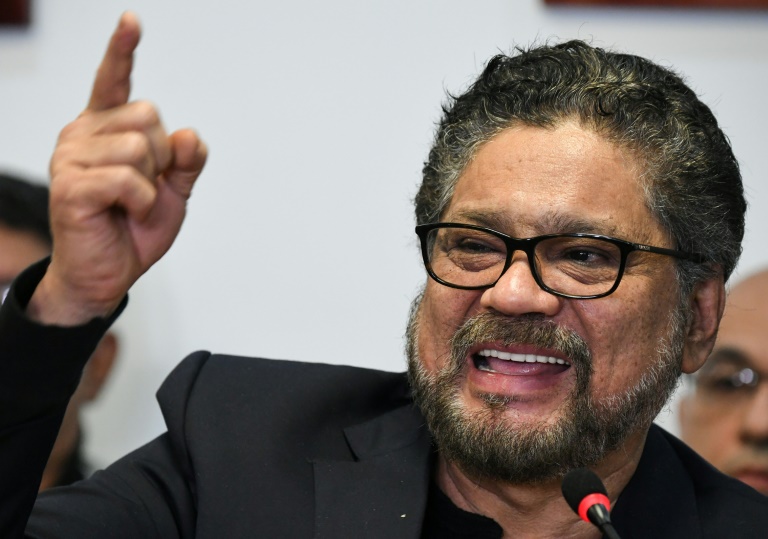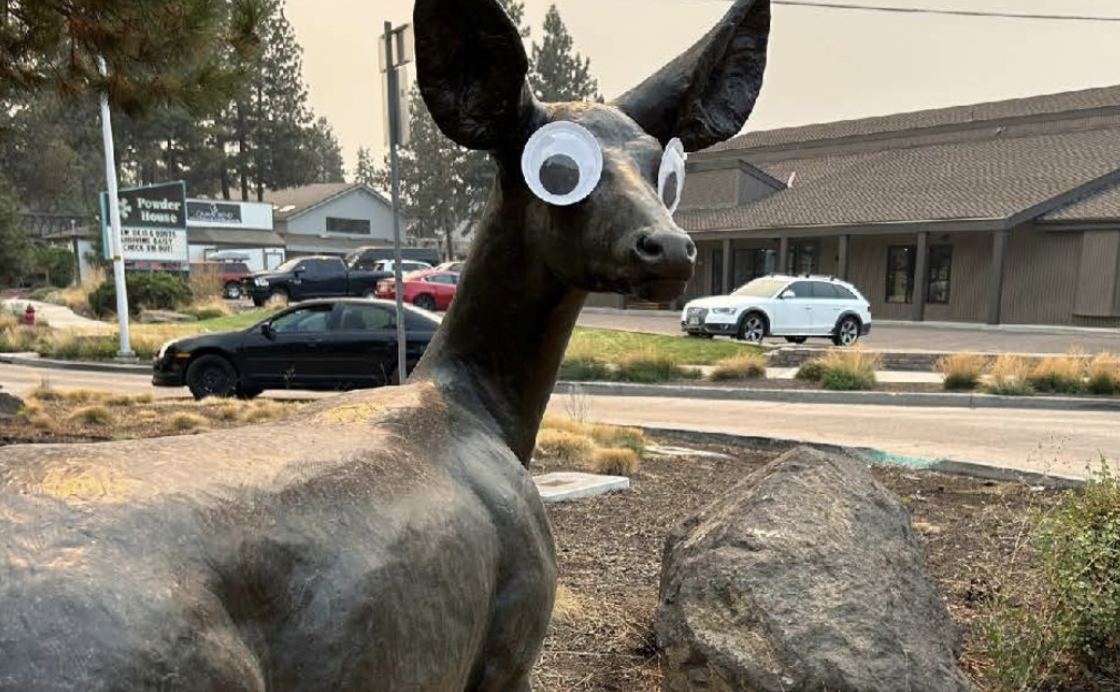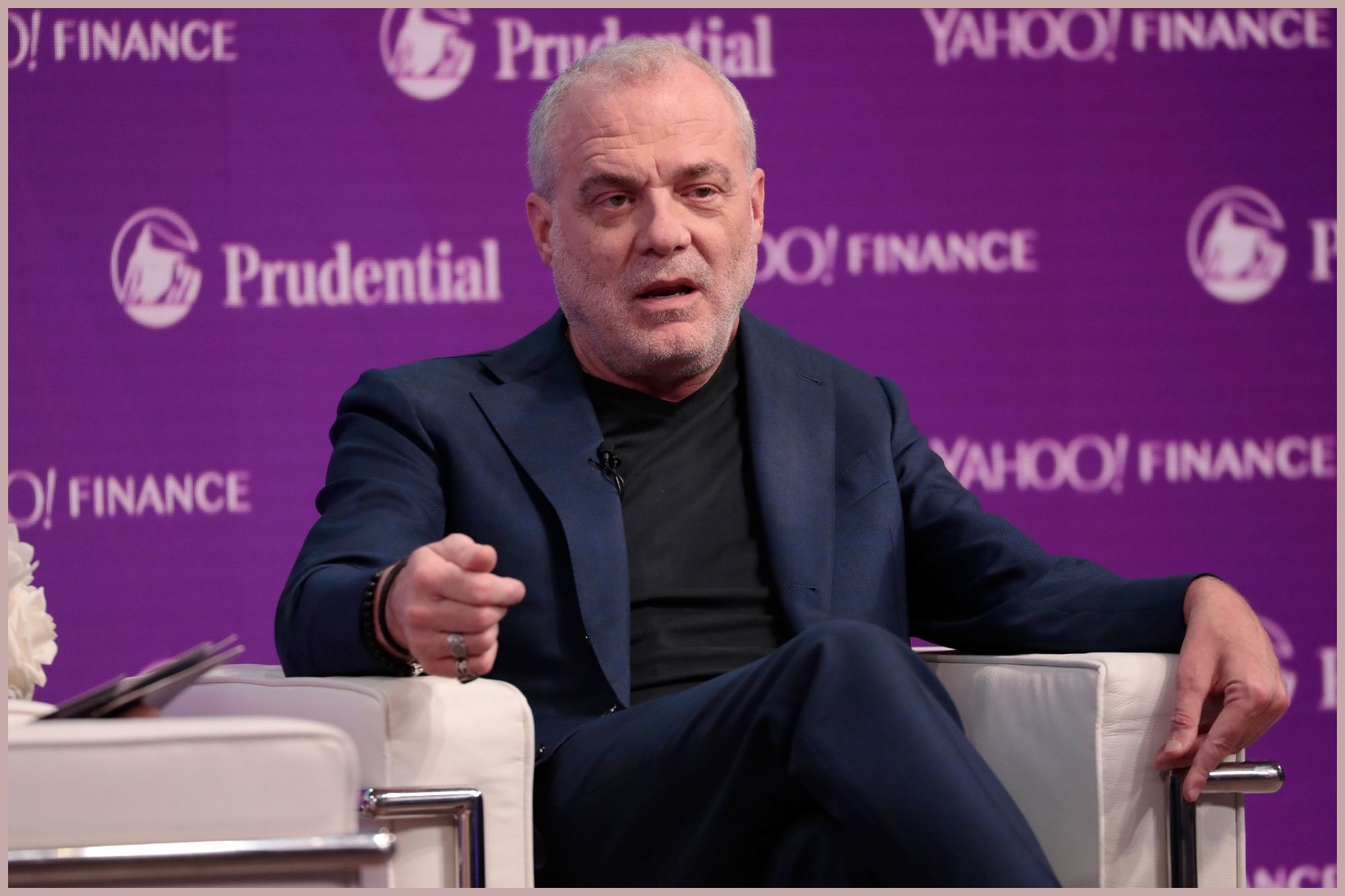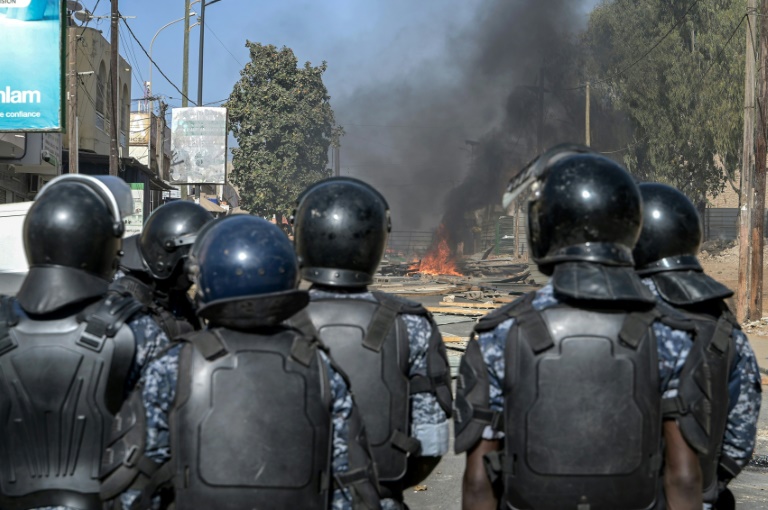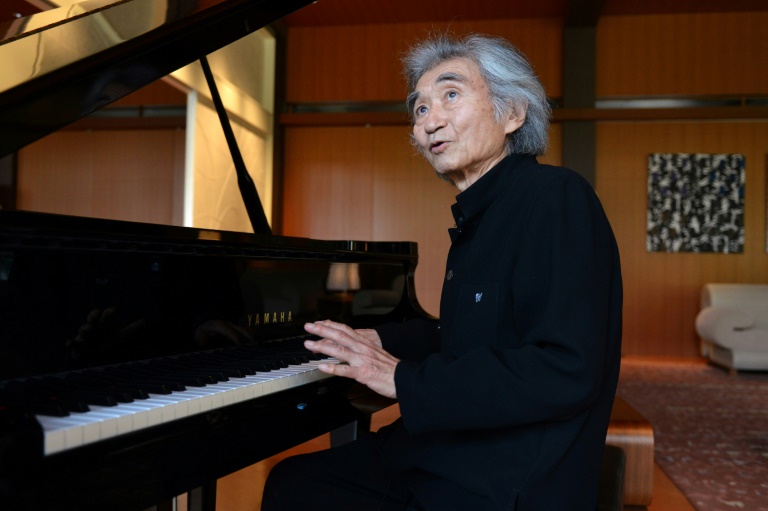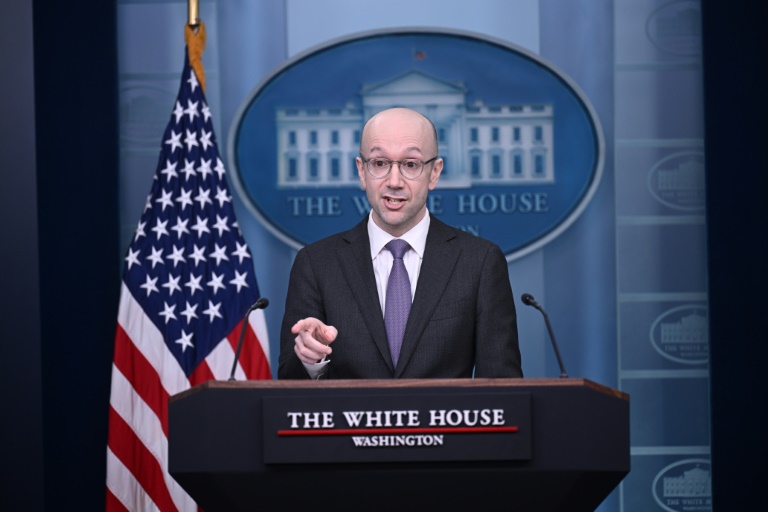The Colombian government will hold fresh peace talks with one of the main dissident FARC guerrilla groups still active in the country, according to a document released Friday.
The group is under the control of former Revolutionary Armed Forces of Colombia (FARC) senior commander Ivan Marquez who helped negotiate a key 2016 peace deal before taking up arms again in 2019.
An 11-point document signed by both the government and the group, Segunda Marquetalia, announced the start of “dialogue leading to the signing of a peace agreement.”
The parties also agreed to “immediately develop preliminary agreements to de-escalate the conflict.”
When Marquez appeared in a video in camouflage, carrying a rifle, and announced he was taking up arms again, it struck a blow to a national peace process begun in 2016 which allowed 7,000 fighters with the most feared guerilla group in Latin America to return to civilian life.
Segunda Marquetalia has around 1,600 men, according to military intelligence.
Colombia’s first leftist president, Gustavo Petro, has sought to put an end to six decades of conflict between the country’s security forces, guerrillas, right-wing paramilitaries and drug gangs.
Since he took office in 2022, he has launched peace talks with the National Liberation Army (ELN) — which has around 5,800 fighters — and the Central General Staff (EMC), another FARC breakaway, which numbers 3,500.
However, Petro’s “total peace” process has faced multiple setbacks with the guerrillas, linked to drug trafficking, accused by rights groups of taking advantage of various ceasefires to expand their influence, seizing more territory and recruiting new members.
On February 1, some 25,000 people were trapped in their villages in the Colombian Amazon — a common guerrilla tactic to control populations — as tensions soared between the EMC and Segunda Marquetalia.
And while the ELN is in the midst of peace talks, the group jeopardized the peace process by kidnapping the father of Colombian footballer Luis Diaz last October, releasing him 12 days later.
The ELN on Tuesday agreed to extend a ceasefire with the government by six months, but the group’s western front on Friday declared an “indefinite armed strike”, prohibiting movement along several rivers in the western region of Choco.
The rebel group justified the action saying it was to protect the local population from paramilitary fighters roaming the area.

